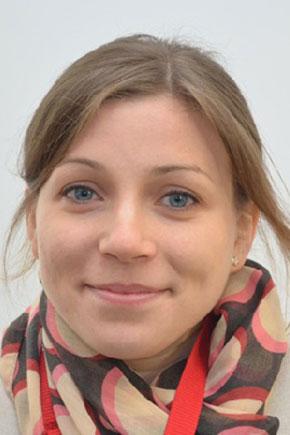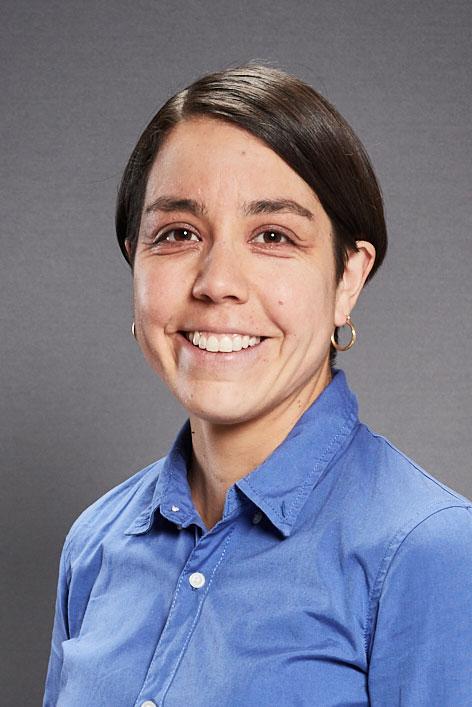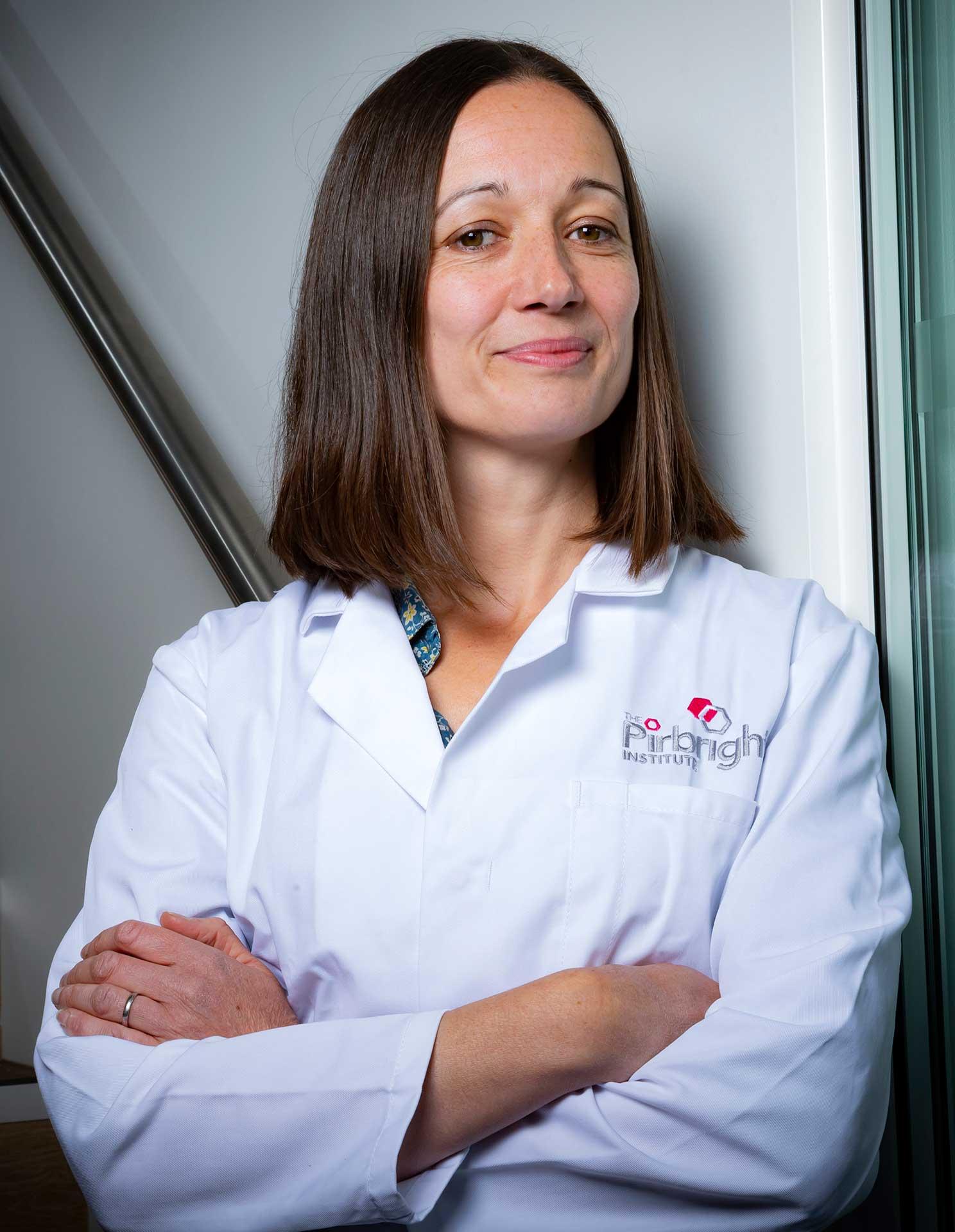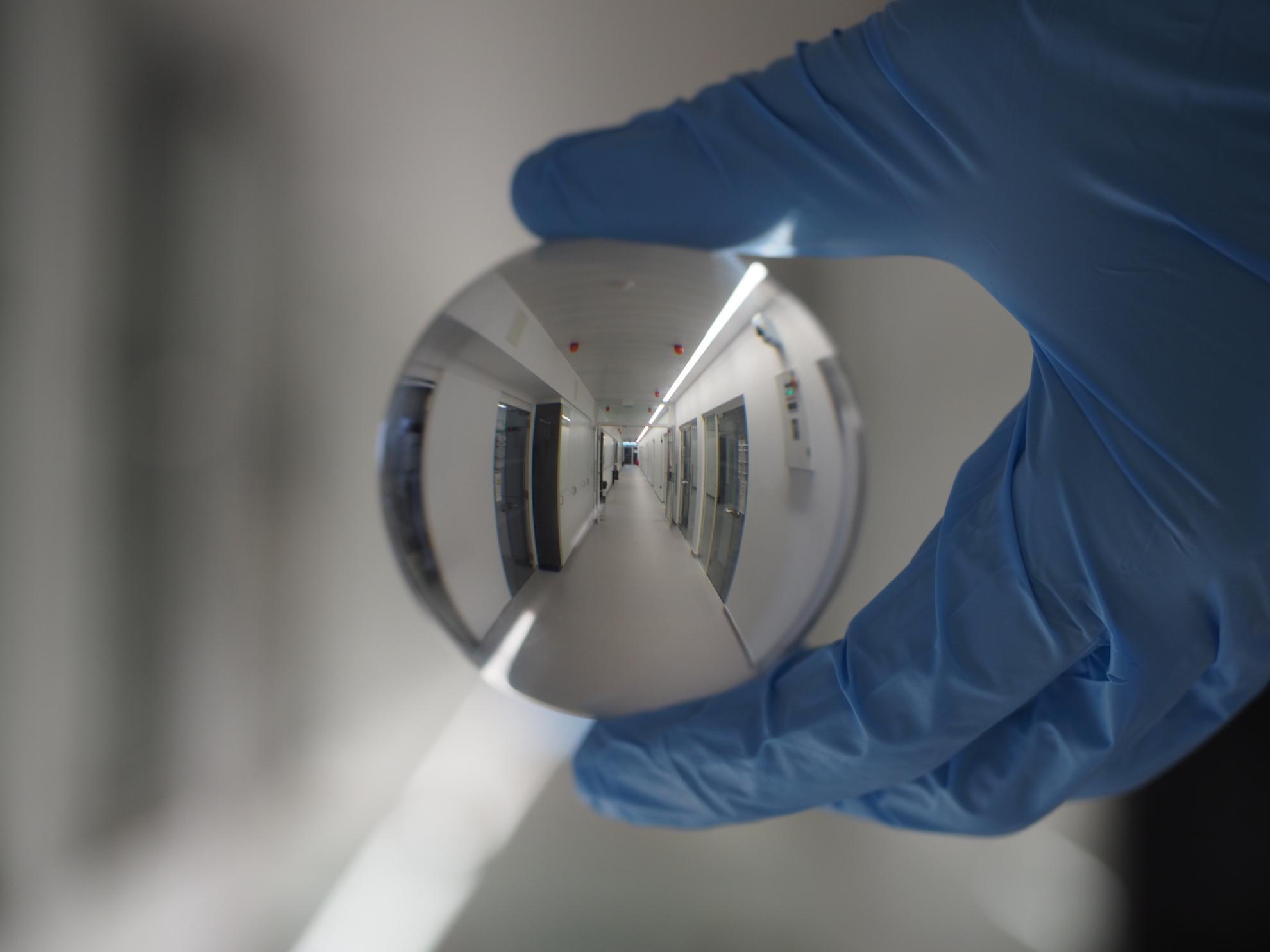Seven of Pirbright’s scientists have had upcoming projects funded by UKRI through the BBSRC Impact Acceleration Account (IAA). These scientists have several qualities in common: scientific know-how, experience in leading projects, and the fact they are all women.
The IAA helps scientists create successful impact from their research, improve industrial collaboration and foster greater entrepreneurship. This award funds activities that follow on from previous research and supports the translation of research into real-world benefits across the globe.
Five of the Institute’s recipients of this award shared how they will use this funding to support their research.
Dr Helena Maier
Helena joined the Institute in 2008, becoming a group leader in 2019. She leads the Coronavirus Cellular Biology group, who aim to understand how coronaviruses hijack the host cell to enable replication.

Dr Maier said: “I am delighted to have been awarded IAA funding to support a project in collaboration with G.ST Antivirals, GmbH. Previously, we have shown that 2-deoxyglucose (2-DG) limits replication of a human common cold coronavirus. In the current project we will look at precisely how 2-DG affects virus replication and confirm whether it can limit replication of other coronaviruses too. This will provide valuable information supporting use of this compound as an antiviral treatment and inform design of next generation antiviral compounds.”
Dr Claire Colenutt
Claire, a Senior Postdoctoral Researcher in Pirbright’s Transmission Biology group, works on the transmission mechanisms of foot-and-mouth disease virus (FMDV).

Dr Colenutt said: “As part of my research into the airborne transmission of foot-and-mouth disease virus I am interested in the types and sources of aerosols produced in connection with the management of livestock. My work aims to assess particulate emission profiles from farm environments so that we can better understand the risk associated with airborne transmission in the event of a disease outbreak.
The IAA funding has enabled a collaboration with scientists at the University of Hertfordshire, bringing new expertise and technology to this study. In a wider context, we hope that this work will help identify risk factors for airborne spread of disease, enabling enhancement of disease control measures.”
Dr Georgina Limon-Vega
Georgina is an Epidemiologist at the Institute, whose previous collaborative work to increase understanding of the epidemiology and economic impact of sheep and goat pox (SGP) in Northern Nigeria has been supported by a series of BBSRC IAA projects and responsive mode funding.
Working with scientists from the National Veterinary Research Institute (NVRI) in Nigeria and Royal Veterinary College in the UK, Georgina helped to develop a mobile app to estimate the impact of SGP and other small ruminant diseases. However, the app is yet to be deployed to the field for validation, a step which will be undertaken using funding from the IAA, to support the livelihoods of rural populations in Nigeria.

Dr Limon-Vega said: “We envisage this IAA project will ensure the app is aligned with end user’s needs, so it can be adopted as part of the tool kit for outbreak investigation and vaccine prioritisation.”
Dr Jane Edwards
Jane is a Postdoctoral Researcher in the Porcine Reproductive and Respiratory viruses group, working on porcine reproductive and respiratory syndrome (PRRS), which imposes a major economic and animal welfare burden on the global pig industry. Currently available vaccines help reduce clinical disease, but they are unable to effectively control the continually mutating PRRS virus.

Dr Edwards said: “RNA vaccines are an emerging technology that could provide a platform to rapidly respond to new PRRS virus strains by the tailoring of vaccines, which could provide significant benefits to PRRS control. Therefore, the aim of my new IAA project, which is a collaboration with colleagues at Imperial College London, is to evaluate novel RNA based vaccines against PRRSV."
Dr Priscilla Tng
Priscilla, a Postdoctoral Researcher in the African Swine Fever Vaccinology group, is currently developing a subunit vaccine for the strain of the highly contagious and lethal African Swine fever virus (ASFV) causing an ongoing global pandemic in domestic pigs and wild boar. There is currently no safe and effective vaccine for ASFV widely available; main control methods involve quarantine and culling of infected and exposed animals which results in high economic losses negatively impacting communities reliant on pig farming.
The referenced media source is missing and needs to be re-embedded.Dr Tng said: “Part of my work focuses on the development of tools to analyse the protective immune responses of animals that have recovered from ASFV infection after treatment with experimental vaccines. Funding from the IAA will allow the development of a broad panel of assays which will aid the selection of antigens to design more efficacious vaccines for protection against ASFV infection, improvement of animal health and global food security.”
Congratulations to all funding recipients. We look forward to following the progress of your research!
